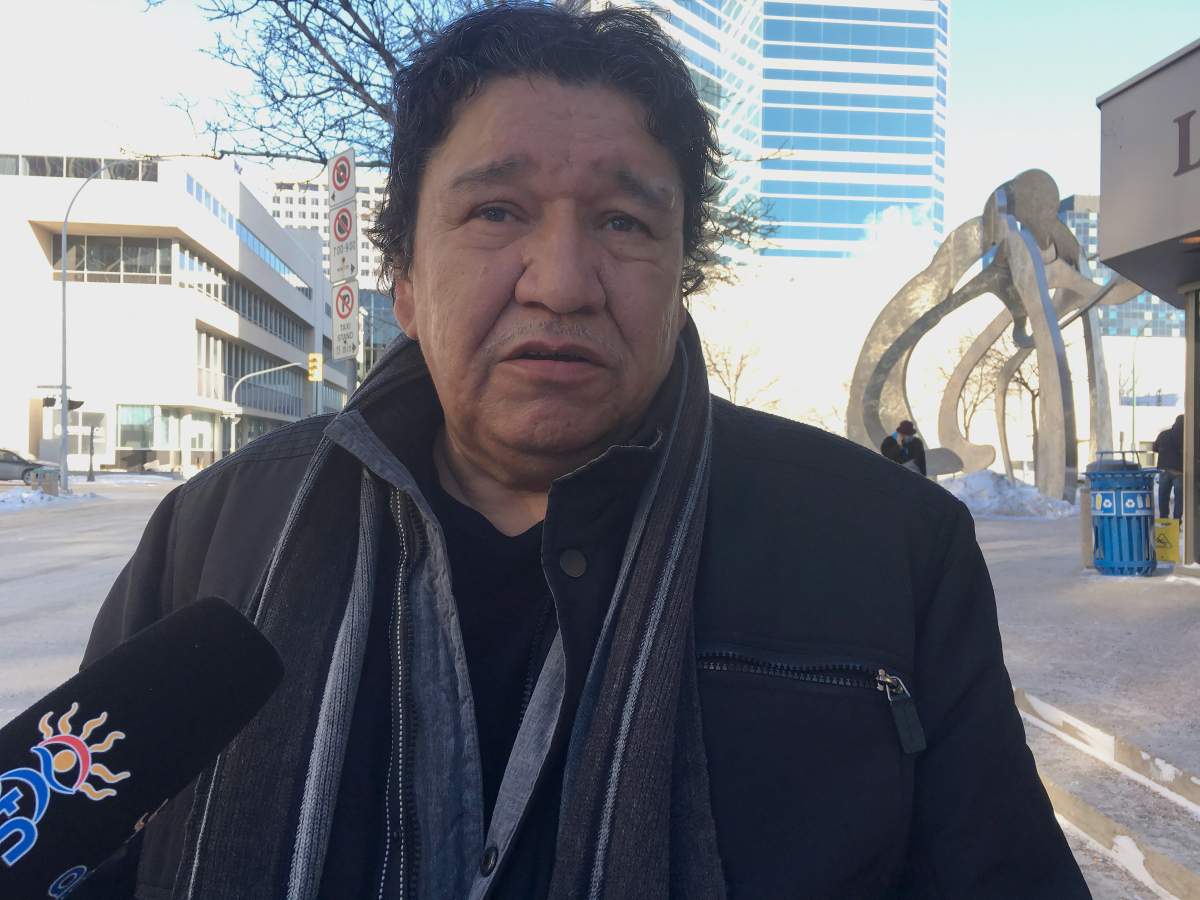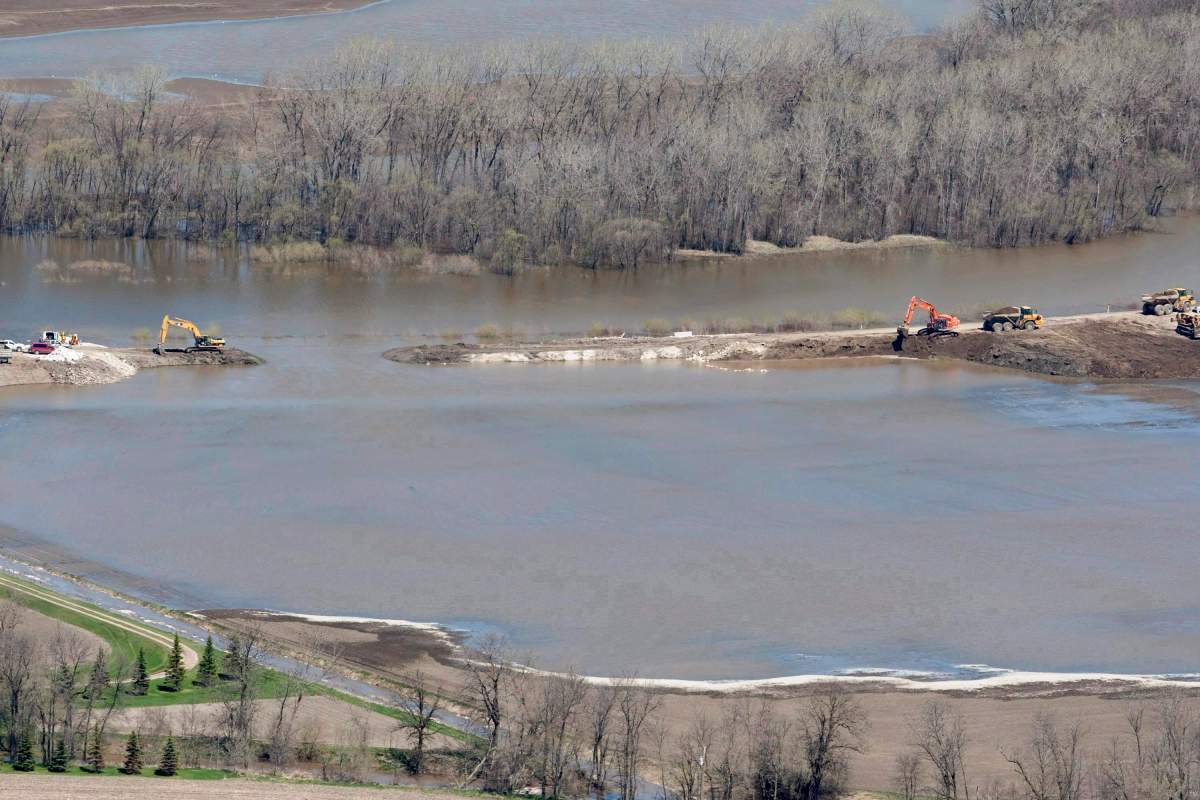WINNIPEG – A judge has approved a $90-million payout to residents of four Manitoba Indigenous communities that were flooded out almost seven years ago.

The settlement resolves a class-action lawsuit filed by members of the Lake St Martin, Dauphin River, Little Saskatchewan and Pinaymootang First Nations.
The lawsuit alleged that members of the four First Nations were forced to leave their homes in 2011 when the Manitoba government diverted water from the Assiniboine River to reduce the risk of flooding in Winnipeg.
The federal and Manitoba governments had agreed to pay the $90 million to as many as 7,000 potential recipients, but the offer still needed a judge’s approval.
Justice James Edmond told Court of Queen’s Bench in Winnipeg Friday afternoon that the settlement is reasonable and offers a faster resolution than proceeding to trial.
WATCH: Holiday shoeboxes full of gifts and hope delivered to remote First Nations reserves

Clifford Anderson, one of the plaintiffs from Pinaymootang, said the deal is fair and will bring closure to everyone.

Get breaking National news
“We’re losing elders. In fact, we lost one today,” he said outside court.
“I, for one, would not like this to drag on anymore because I know if it does go back to the courts, it’ll be another 10 years.”
Others said the compensation plan has a funding formula that is deeply flawed.
Geraldine Beardy from Lake St. Martin said a points system used to determine people’s individual suffering and compensation amount shortchanges her community, which was hardest hit.
Almost seven years after the flood, most Lake St. Martin residents have been unable to return because of the extent of the damage.
They deserve a sharply higher dollar figure than people in Pinaymootang, where many community services were uninterrupted and the evacuation was shorter, Beardy said.
“It is inappropriate. It is unjust. It is inequitable. The formula that the negotiators used was not a good formula.”
Michael Peerless, lawyer for the plaintiffs, said only a small number of residents have so far opted out or objected to the settlement.
He told court that individual payments will vary depending on how people were affected, but any adult who was displaced is likely to receive between $42,000 and $67,000 as a basic amount.
Additional amounts are available for people who lost personal property, income or who faced increased health costs.
Residents were allowed to break away from the class-action lawsuit and pursue their cases individually, but some in court Friday said they were unaware of a Nov. 30 deadline to opt out until it was too late.








Comments
Want to discuss? Please read our Commenting Policy first.